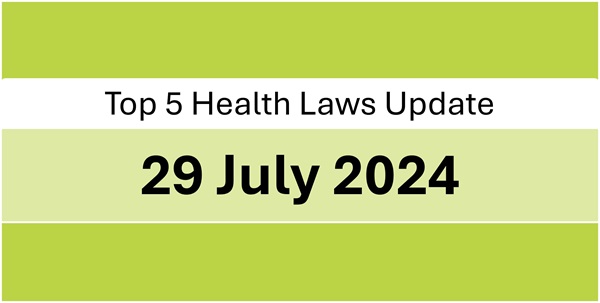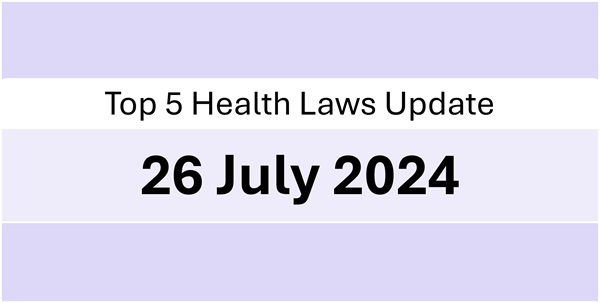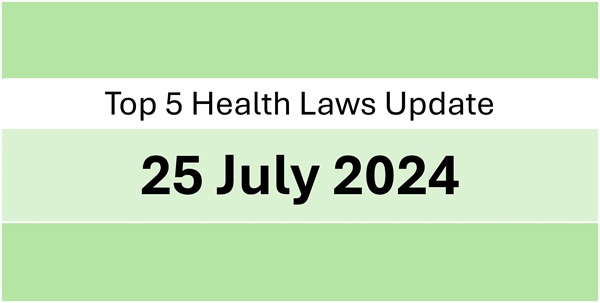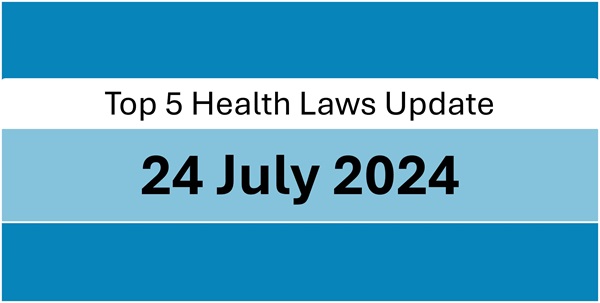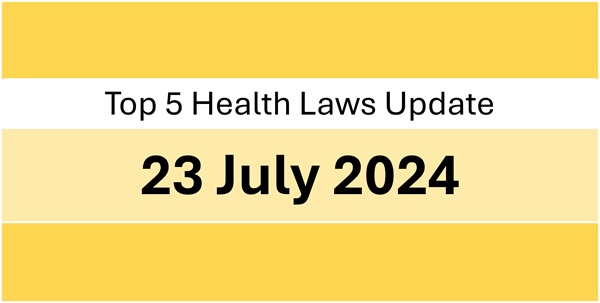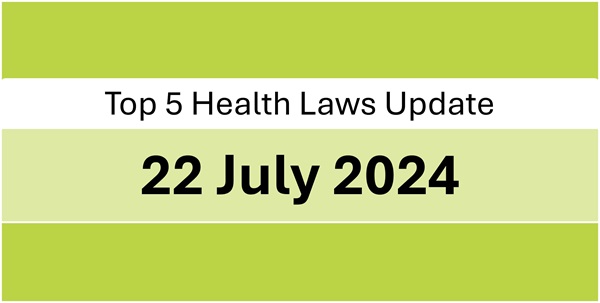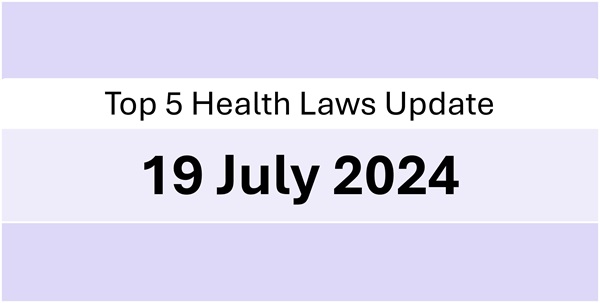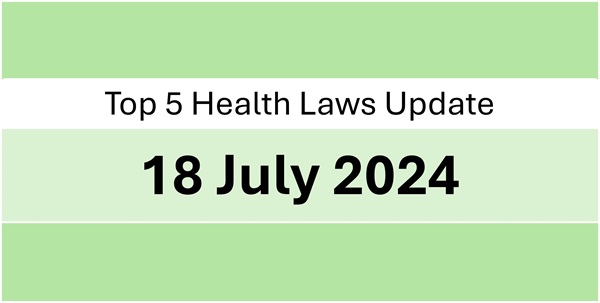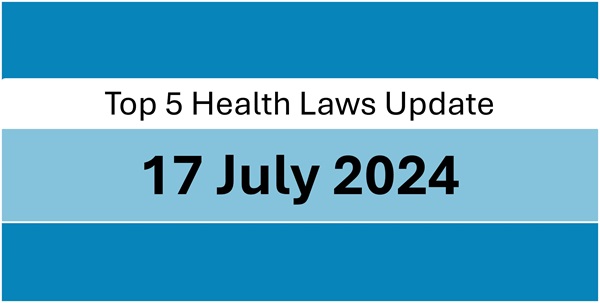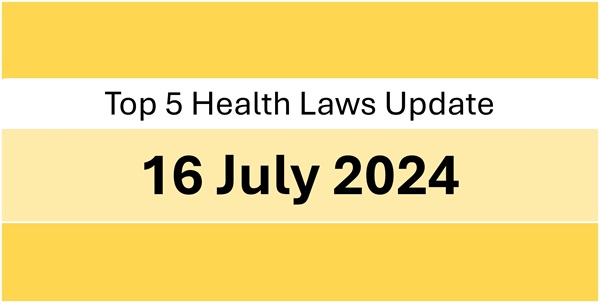Dear Reader, we are happy to share the most interesting legal and policy updates concerning health industry that we read today. We hope you enjoy reading it.
1. A Missouri State Court has directed a multinational healthcare company to pay $495 million in damages over its specialised formula for premature infants which caused a girl to develop dangerous bowel disease. The Court ordered that the company did not warn doctors about infants receiving formula, having a greater risk of Necrotizing Enterocolitis (NEC) compared to infants who are breast-fed or given donor milk or human milk-derived formula
Source: bit.ly/46rTKb1
2. India’s Karnataka State Assembly has brought in a new bill which penalises any person found guilty of causing “intentional insult” to a doctor directly, on social media or using unauthorised audio or video. The penalty includes a jail term up to three months or a fine of ten thousand rupees. Intentional insult includes use of words, figures or gestures with an intent to insult, humiliate, disgrace, annoy or abuse a medical service personnel.
Source: bit.ly/4d0momi
3. India’s Kerala High Court has ordered that the Kerala Medical Association (“KMA”) is liable to pay Goods and Services Tax (GST) on the supply of goods and services to its members. KMA contended that it does not need to pay GST as it is registered as “charitable association” but the High Court held that KMA is liable to pay GST as 90% of its activities are non-charitable.
Source: bit.ly/3WF5x2G
4. Multinational Pharmaceutical Companies have requested the Indian Government to keep the free access medicines, provided under Patient Assistance Programme (“PAP”), outside the scope of Trade Margin Rationalisation (“TMR”). According to Pharma companies, medicines are made accessible and affordable through PAP and bringing them under the purview of TMR will impact their price and patients will end up paying more.
Source: bit.ly/3ykeaGu
5. Indian Government has built a health claims gateway, National Health Claims Exchange (NHCX), which aims to streamline and standardize health insurance claim processing, enhancing efficiency in the insurance industry. NHCX serves as a gateway for exchanging health claim information among insurers, third-party auditors, healthcare providers, beneficiaries, and other relevant entities and ensures interoperability, machine-readability, auditability, and verifiability, making the information exchange accurate and trustworthy.
Source: bit.ly/3WEmom2

